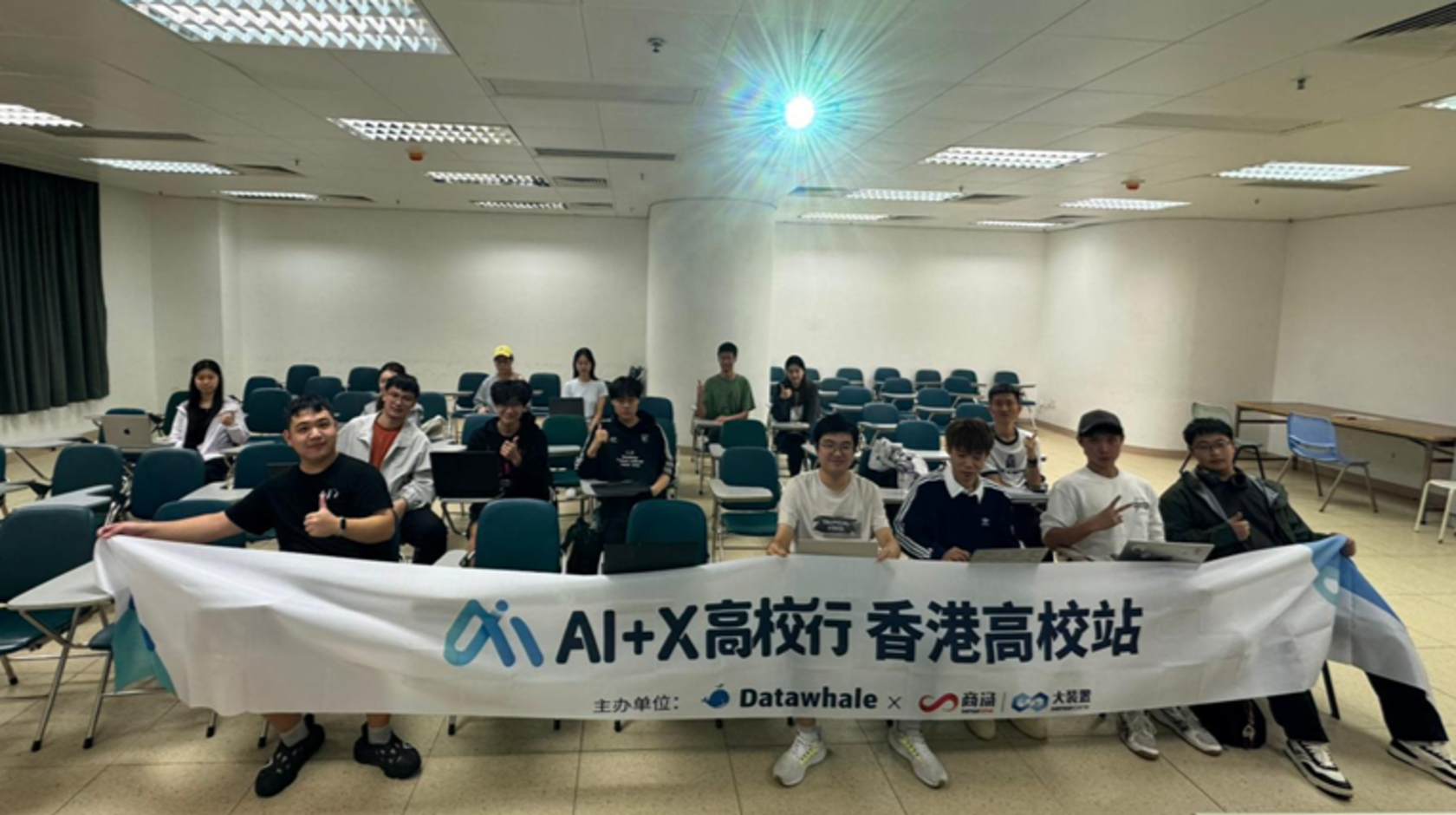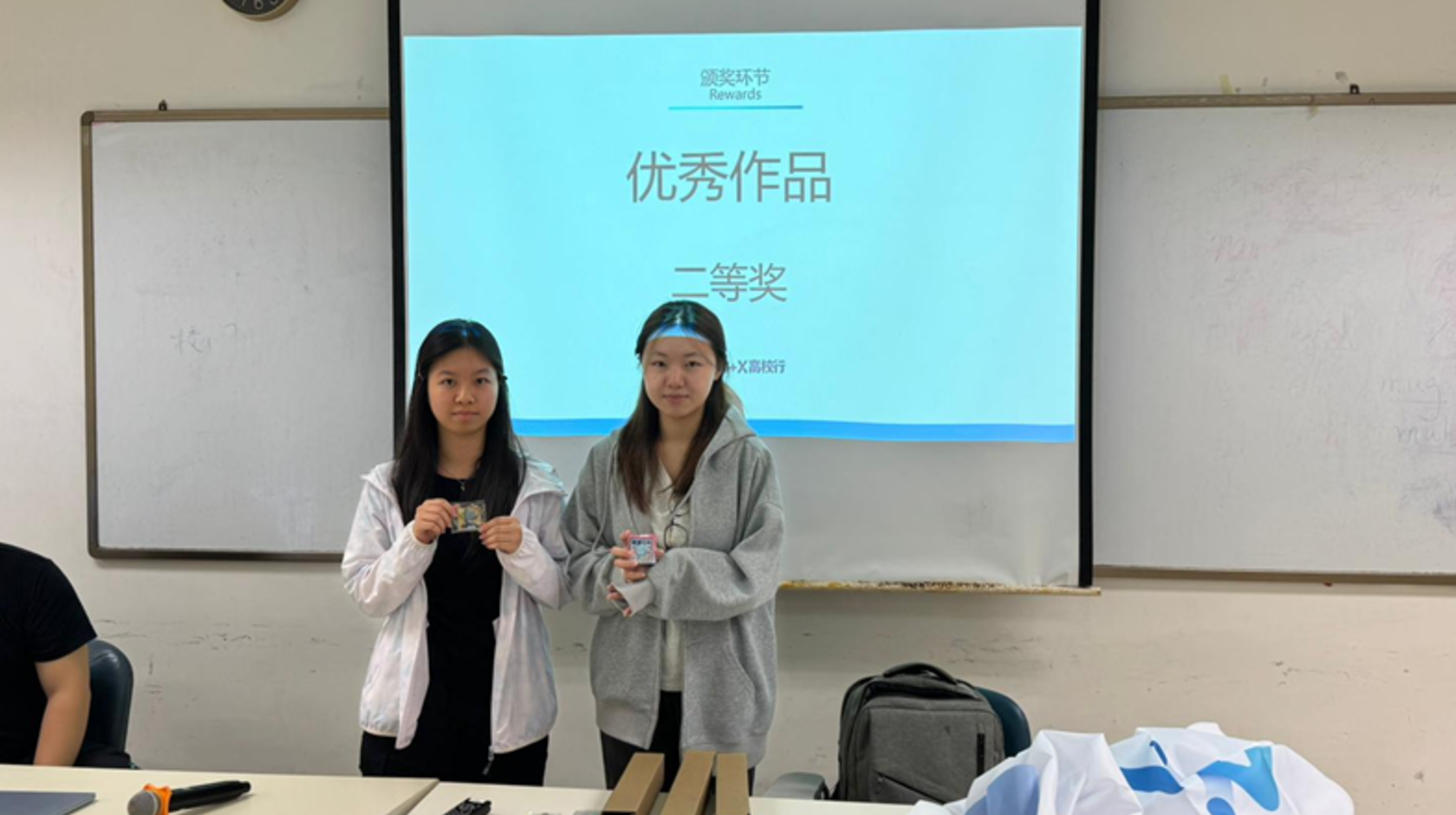On the evening of October 31, 2025, the Preparatory Committee of the Department of Applied Data Science at Hong Kong Shue Yan University, in collaboration with SenseTime and the open-source organization DataWhale, held the “AI + X Campus Tour: SenseTime LazyLLM Workshop” in Room H303, 3rd Floor, Wen Kang Building. The workshop attracted 18 students who were keen on AI development. It aimed to help participants gain a deeper understanding of the core principles and advanced applications of AI Agents through a combination of theoretical instruction and practical deployment, enabling them to master the open-source LazyLLM framework and strengthen their hands-on technical competence in data science. The event comprised three main parts: an AI lecture, a hands-on development session, and a creative project competition. Speaker Lou Zhetao gave an in-depth presentation on the evolution of large language models from GPT-3 to GPT-4o, the fundamentals of Retrieval-Augmented Generation (RAG), and key concepts such as Agent memory modules, planning mechanisms, and multi-agent collaboration protocols. The workshop effectively integrated theory and practice, allowing students to translate conceptual knowledge into real-world application within a short timeframe.
The workshop concluded successfully, with over 90% of participants indicating that they had mastered the fundamental principles and operational framework of AI Agents while expressing strong interest in the open-source LazyLLM system. The model of cross-departmental and industry collaboration significantly enhanced the Department Committee’s technical influence within the university. The one-on-one guidance provided by the teaching team and the adoption of the Qoder development environment greatly improved learning efficiency, enabling participants to complete their projects effectively within the scheduled time. Building on this experience, the Preparatory Committee plans to further optimize future event procedures and venue arrangements, as well as coordinate university schedules in advance to prevent timetable conflicts. The Committee will continue to adopt the “theory + practice + interaction” model and explore further collaborations with AI enterprises and technology communities to advance the Department of Applied Data Science’s continuous development in AI education and technical exchange.









